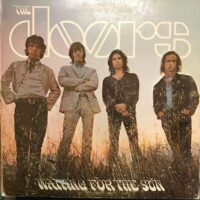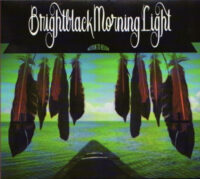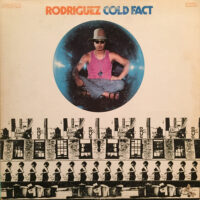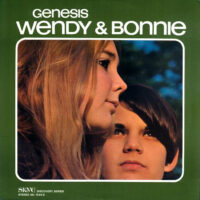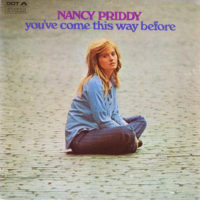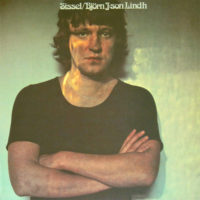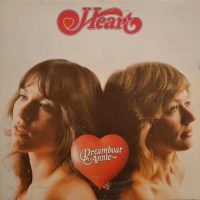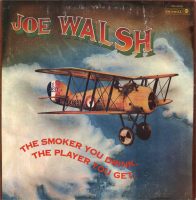
I first encountered Traffic Sound in the ’80s, at a time when very few records by Peruvian rock bands infiltrated North American stores. We had access to many Brazilian releases back then, but Peru? Our ignorant, pre-internet asses didn’t even know that that South American country harbored a rock scene. But Traffic Sound were the real deal, and they broke through to receptive heads, becoming many listeners’ introduction to Peru’s rich rock landscape.
Traffic Sound only released four albums, but their second one, Virgin (following a covers-heavy debut indebted to artists such as Hendrix, Cream, and Animals), is both their most popular LP and their creative peak. The band consisted of Jean-Pierre Magnet (sax), Willy Barclay (lead guitar), Manuel Sanguinetti (vocals), Lucho Nevares (drums), Willy Thorne (bass), and Freddy Rizo Patrón (rhythm guitar). Their chemistry was magical.
The acoustic-guitar-fueled title track kicks off the album with widescreen, heroic rock marked by Sanguinetti’s passionate vocals, sung in English—another factor that helped Traffic Sound make inroads into the Anglo-American market. “Tell The World I’m Alive” channels the quasi-maudlin vibe of some of Aphrodite’s Child’s ultra-sincere ballads.
Virgin really takes off, though, with “Yellow Sea Days (March 7th; March 8th; March 9th),” a three-part suite that’s one of Traffic Sound’s towering achievements. It starts in laid-back loping mode, blissed out to the max with spangling acoustic guitar, burbling hand percussion, and distant golden sax mellowness. The second section coils into a predatory groove laced with a fried, descending electric-guitar riff that would make Jeff Beck accidentally swallow his plectrum. The third part gently ascends into a psychedelic reverie as heavenly as anything by Relatively Clean Rivers or Friendsound. In a different but no less sublime vein, “Jews Caboose” is a slice of fuzzed-out, funky, Latin psych-rock that’s heavier than anything Santana and their ilk did. Pure heat.
Virgin peaks with “Meshkalina,” which is by far the most streamed track from this album on $p0t1fy. This song warns about the sinister powers of mescaline, which may make you all the more want to partake. The “yeah yeah yeah yeah yeah YEAH YEAH” refrain permanently scars your brain—but in a good way. Sanguinetti sings, “We were having fun, even though we were dying/Let me die, Meshkalina.” Yikes. As urgent and harrowing as a trip to the ER in a foreign country, “Meshkalina” ranks as one of the greatest drug songs ever. High praise, indeed. (Pun intended.) The aptly titled “Last Song” ends Virgin with a delicate, fluid acoustic-guitar instrumental—quite a contrast to the turbulent “Meshkalina.”
In 2024, the Spanish label Munster reissued Virgin with a photo-laden booklet that includes detailed liner notes. Act quickly. -Buckley Mayfield
Located in Seattle’s Fremont neighborhood, Jive Time is always looking to buy your unwanted records (provided they are in good condition) or offer credit for trade. We also buy record collections.


